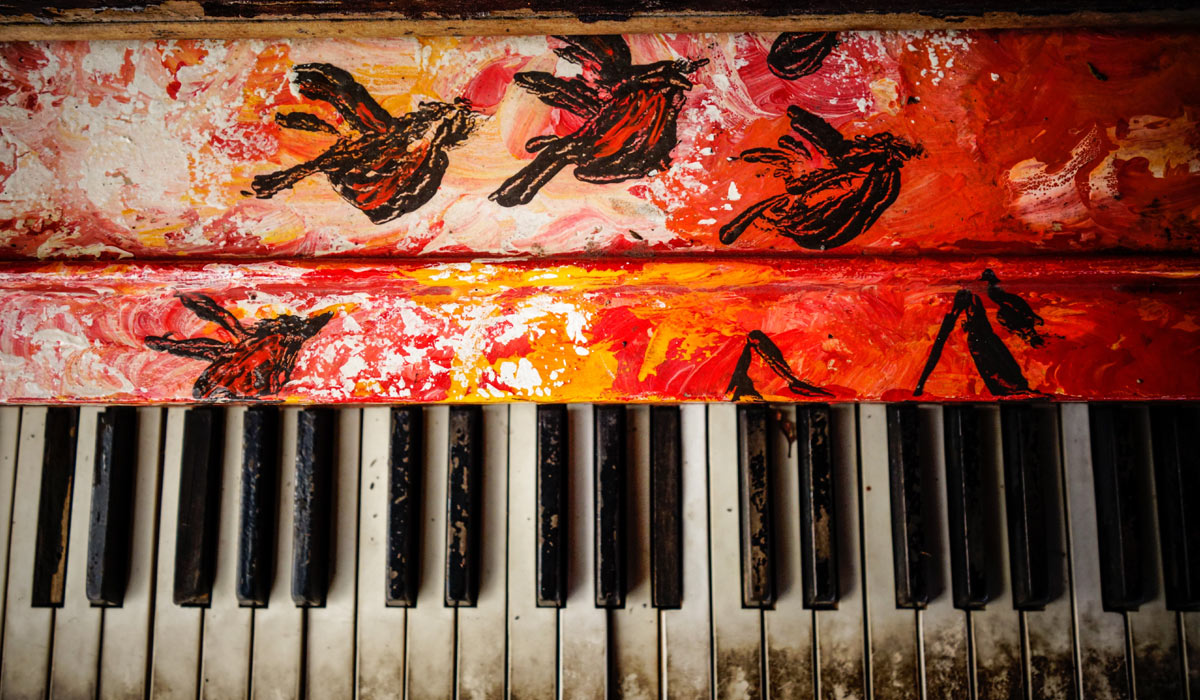A Theology of Abuse with Dr. Chelle Stearns, Part Two

This week on the podcast, Dr. Chelle Stearns, a violinist, theologian, and Associate Professor of Theology at The Seattle School of Theology & Psychology, continues talking with Dan about her work toward developing a theology of abuse. Chelle invites us to wrestle with how we address trauma in view of the embodied life of Christ, and how this might change the way that we as believers tend to the stories of harm in our communities.
Chelle: “We are being transformed, in a sense, so that we can see trauma for what it is—that it’s not the thing that defines us, it’s not the thing that actually destroys us, it’s the thing that tears us down, it’s the thing that short-circuits our ways of making sense of the world, our ways of articulating. We become disoriented, whereas the Holy Spirit is constantly in this place of trying to reorient us.”
Chelle’s current work has grown out of her doctoral dissertation on the Austrian composer Arnold Schoenberg, specifically about questions of unity—both in musical space and in Trinitarian space. Schoenberg “had a Jewish body in a world where that was not allowed,” says Chelle. People would riot at his concerts because his music sounded “foreign,” and still he struggled to articulate something in his art that could not be expressed in words.
How do we talk about what it means to be human?
Chelle: “There is something about that striving for articulation that artists do. That’s often where I’ve been theologically. I find myself on the margins of a question.”
For Chelle, the call and response between artists and theologians is an invitation to reconnect with what it means to be human. When trauma has robbed us of pleasure and seemingly emptied the world of beauty, art is an act of resistance—an insistence that there is beauty to be found in even the darkest places. Chelle points to C.S. Lewis, Sarah Coakley, and other artists and theologians who remind us that “Pleasure isn’t an enemy to Christian spirituality, it’s actually the thing that spurs it on.”
Chelle: “Theologians deal with words—there’s no end to words as a theologian. But in trauma, the body becomes centric. The memory of the body becomes the very place of meaning-making. Especially in western Christianity, we haven’t done a great job of allowing the language of the body to inform how it is that we do our work.”
Dan: “And we need this foundation because if we’re going to go higher in our understanding of trauma, our foundation theologically has to be built far better than it tends to be at this point.”
